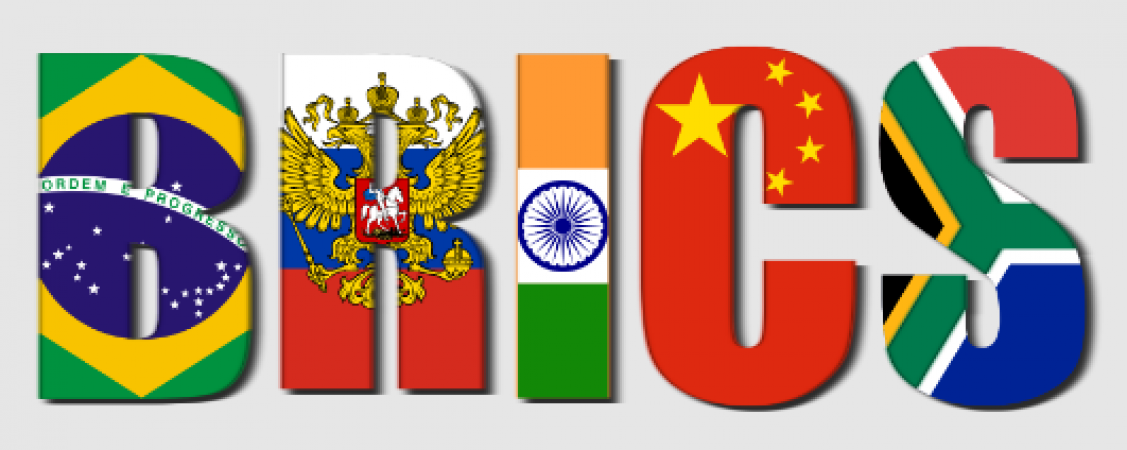
New Delhi: According to a report by The Post, the 15th annual BRICS summit, which is scheduled to take place in Cape Town, South Africa, is expected to result in significant changes to the global economy as its member states work to strengthen financial multipolarism.
Western media outlets' coverage of the summit has been dominated by the arrest warrant for Russian President Vladimir Putin, which downplays the significance of the summit and its implications for global finance.
As it has granted diplomatic immunity to participants of the event, including President Putin, South Africa has already given the assurances needed to diplomats present.
Also Read: The body of a drowned child is discovered by the Tunisian coast guard after migrant ships capsize
Subrahmanyam Jaishankar, the minister of external affairs for India, highlighted the member states' overarching goals, saying they want to "send out a strong message that the world is multipolar, that it is rebalancing, and that old ways cannot address new situations."
The Post emphasised the potential for introducing a new trade currency bill that would compete with the US dollar's hegemony in international trade, explaining why the West downplays any BRICS-related event.
The New Development Bank (NDB), which hosts several countries from the Global South and offers alternative developmental projects, will play a crucial role in the success of the new currency, according to reports coming out of Cape Town. The Post stated in its report that this would put the financial institution in a position to compete with the Western-controlled International Monetary Fund (IMF).
Also Read: Israelis protest in large numbers against a proposed judicial reform
The US dollar, which has suffered several setbacks this year as countries have sought to diversify payment methods, will not be replaced by the BRICS currency in 2023, according to Russian Finance Minister Anton Siluanov. Instead, the currency will serve as a "payment unit inside the BRICS countries," he said.
The analysis contrasts the anticipated currency with the pre-Euro European Exchange Rate Mechanism, which sought to reduce exchange rate volatility by offering a peg to each European nation's individual banknotes.
At the fourth summit of the five regional economies, the NDB—also referred to as the "BRICS bank"—was established in 2012. The organisation was anticipated to take on a role akin to that of the World Bank, but now it's anticipated to take on a broader financial role, one that goes beyond providing funding for development projects, much like the IMF.
Also Read: Iran releases three Europeans, who return home
The Post emphasised the significance of the NDB's Shanghai, China, headquarters. This, according to the publication, emphasises how important Beijing is to driving the "multipolar revolution" because it gives the economic coalition the tools it needs to carry out the process.